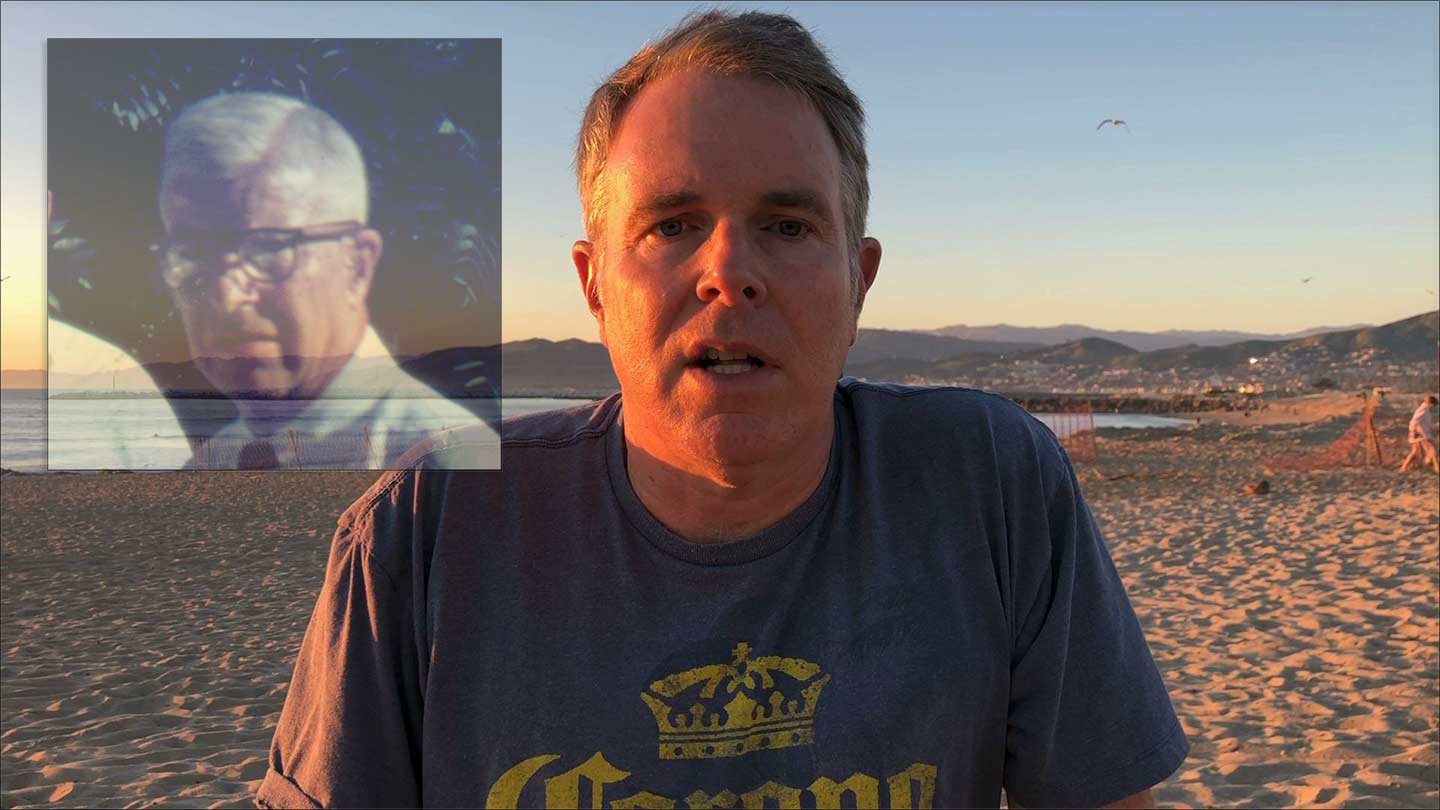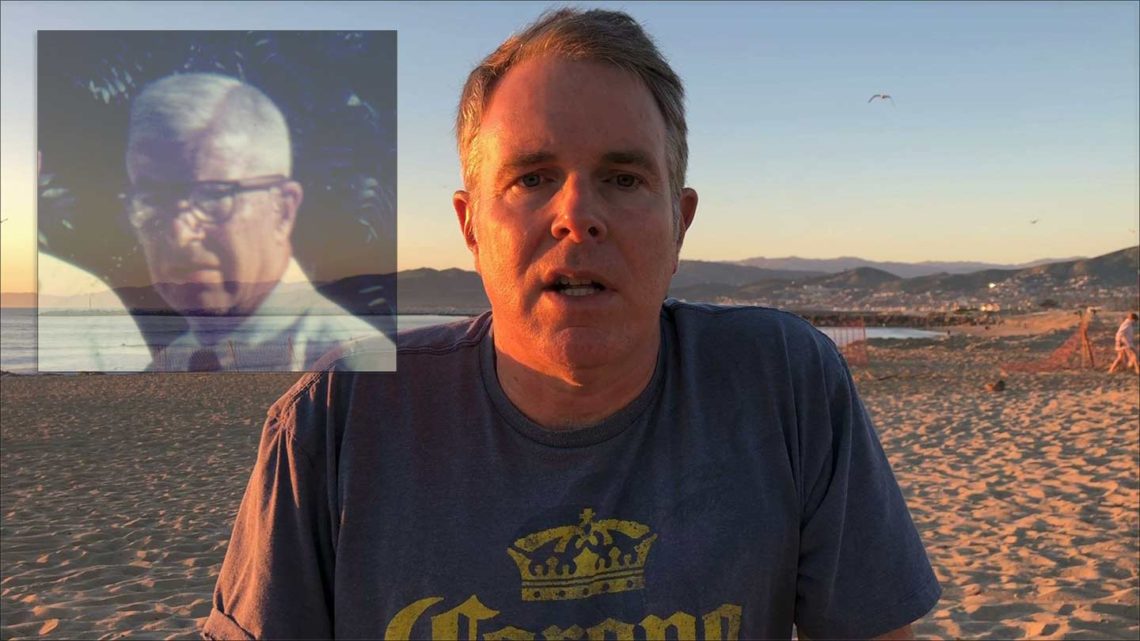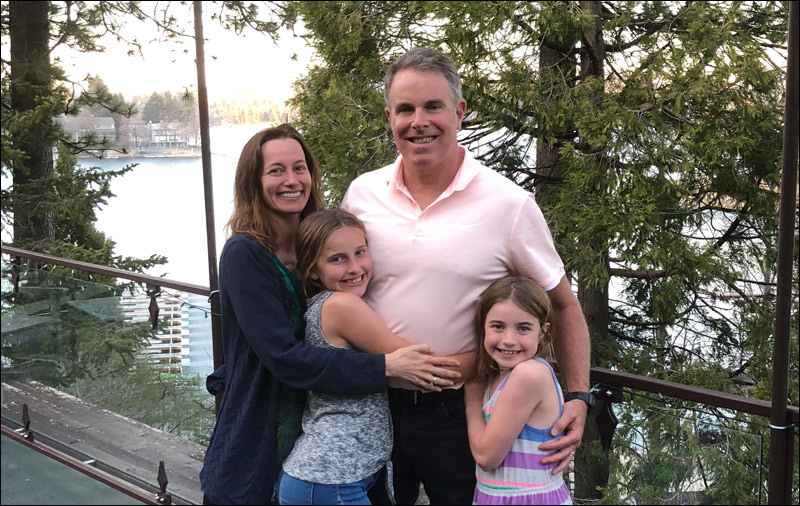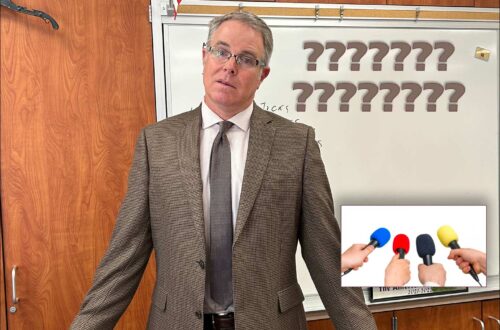Supposedly my paternal grandfather (born in 1898) could recite long stretches of poetry by heart — Shelley and Keats, the classics. I mostly saw him recite semi-salacious limericks or other pithy humorous sayings, although he could recite those well enough, too. My grandfather had it all memorized. It was poetry at his fingertips, ready for use whenever.
I am somewhat the same. I used to try and pacify my baby daughters when they were upset or overtired and could not fall asleep by reciting “Annabel Lee” or “El Dorado” by Edgar Allen Poe, hoping the music of the poetry would transfix and becalm them. Exhausted at two in the morning I would recite the poem to them over and over again in the dark. “Please go back to sleep!” I would think all the while.
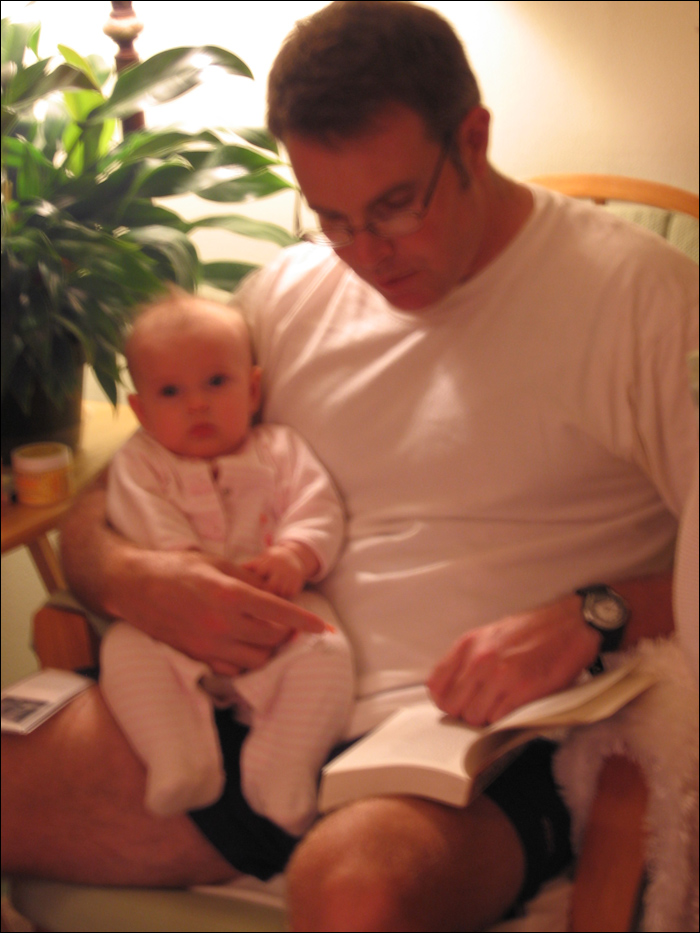
I used to recite whole poems to my students, who would regard me quizzically in response – as if I had three heads coming out of my neck, as I recited one of Shakespeare love sonnets from memory. Memorizing poetry is not often done nowadays.
I would go so far as to say it is almost never done anymore.
But a part of me loves doing it. I just love the chant-like rhythm and sonorous sound of the rhymes in “Annabelle Lee,” and I almost forget how grim the message of the poem is. “Isn’t it pretty?” I think to myself of the poetry, without paying much mind to what the words are actually saying. I have recited that poem so many times over so many years I don’t need to practice it. The poem is deep down inside me and I can call it up on command.
Maybe reciting long-ago memorized poems is akin to praying. There is a psychological benefit to chanting the words of the poem, in my experience. One sinks into the mesmerizing rhythm of the song-like lyrics; it can be hypnotizing. They say that is how the ancient Greeks used to memorize thousands and thousands of lines of Homer in the “oral tradition” of pre-literate times: across the campfire at night they would “get-into-the-groove” and recite line after line of iambic pentameter like a robot. What else did they have to do for entertainment when it got dark (besides sex)? And the Israelites had their one God. They wrote in ancient Hebrew the Word of the Lord. The Christians later added a New Testament to the Jewish Bible, and the Muslims accreted even more sacred text and respected all monotheists as “people of the book” (أهل الكتاب). It separates us from the other mammals, this complex use of ritualistic language.
Singing songs, chanting prayers, reciting poetry – it is all the same, more or less, in my opinion.
Reciting poetry is a kissing cousin to singing songs, and I have often thought singing can bring with it a similar spiritual solace as can be found in prayer. And God knows we need as much such solace as we can get! It is our loss that reciting poems and chanting prayers have fallen so out of favor. And what do we have in its place nowadays? Social media and staring at screens? This is a step forwards, and not backwards.
For a few years now I have been particularly fixated on the 23rd Psalm. For months I have had a Safari browser tab open on my iPhone with the text of the 23rd Psalm available, and I pull it up and practice reciting it often. Unlike so many other poems that have been favorites of mine for decades, this one is relatively new to me. I do not have it perfectly memorized (yet). I have to strain to remember the lines (for now). But soon enough I will “have it under my fingertips,” as pianists call music which they have fully memorized and can crank out on demand. I will get there. All that is required is practice; it is a question of effort. It costs no money.
The 23rd Psalm first caught my attention in David Lynch’s 1980 movie The Elephant Man in the pivotal and ultra-emotional scene where John Merrick recites Psalm 23 and proves that he is a sentient human being capable of speech and thought –
– well hell, I thought to myself, if he can memorize it then so can I. In fact, maybe I should memorize Psalm 23 just to honor the memory and example of John Merrick, the “elephant man.”
Mark Twain once claimed that the difference between the right word and the almost right word was like the difference between the lightning and the lightning bug. One word inspires while another word – which means the same thing, more or press – does not. The same could be said about translating poetry from one language to another: one translation might sparkle and sing in the ether, while another lays flat and dull on the ground.
Look at this translation of Psalm 23 from ancient Hebrew to modern English in the 1950 Knox edition of the Bible:
THE LORD is my shepherd; how can I lack anything? He gives me a resting-place where there is green pasture, leads me out to the cool water’s brink, refreshed and content. As in honour pledged, by sure paths he leads me; dark be the valley about my path, hurt I fear none while he is with me; thy rod, thy crook are my comfort. Envious my foes watch, while thou dost spread a banquet for me; richly thou dost anoint my head with oil, well filled my cup. All my life thy loving favour pursues me; through the long years the Lord’s house shall be my dwelling-place.
This wording is horrible, in my opinion. It is like a wet towel left on the floor. Insipid. Uninspiring. Awkward. Bu it is a correct enough translation.
Now look at the famous King James Bible version from 1611:
THE LORD is my shepherd; I shall not want. He makes me to lie down in green pastures: he leadeth me beside the still waters. He restoreth my soul: he leadeth me in the paths of righteousness for his name’s sake.
Yea, though I walk through the valley of the shadow of death, I will fear no evil: for thou art with me; thy rod and thy staff they comfort me. Thou preparest a table before me in the presence of mine enemies; thou anointest my head with oil; my cup runneth over.
Surely goodness and mercy shall follow me all the days of my life: and I will dwell in the house of the LORD for ever.
Now we’re talking. That translation sings! The words are poetry sung by the psalmist, regardless of the message they bear. I need to learn and memorize this psalm as thoroughly as I have “Annabel Lee.” I want to have it right at my disposal in my moment of need!
Look, I am not much of a believer in God. Strictly speaking, I am an agnostic. I don’t commune with my Maker in reciting the 23rd Psalm, or even care much about Jehovah generally. God and I have never quarreled, but neither do we commune. Nevertheless, there is something potent and eternal in the Psalm 23’s message of comfort and courage in the face of death which is admirable and fortifying – especially nowadays when many cry and fall to pieces in the face of even skin-deep adversity, particularly among the young. Anxiety and depression rule the day for many modern Americans.
But when our ancestors came to encounter the “lean abhorred monster” which is imminent Death they often stared him straight in the face, and they were unafraid. So I hope it will be with me when my time comes. So I recite the 23rd Psalm and wait. I chant poetry and follow in the footsteps of my grandfather. He died in 1989. My death date is unknown.
How long?
One year, five years, or twenty-five years – it will not be long now.
I will be ready.
